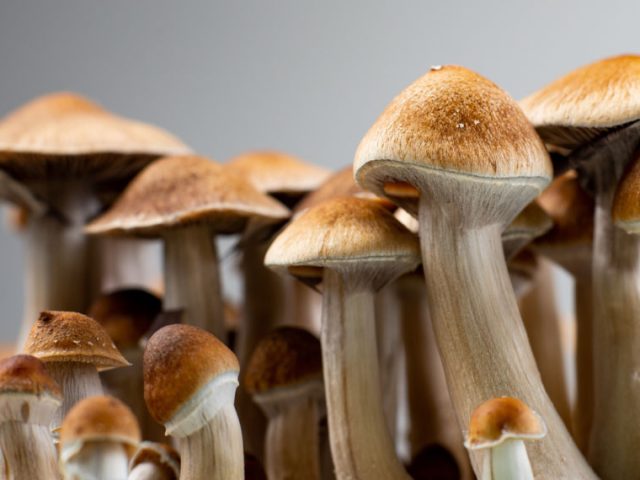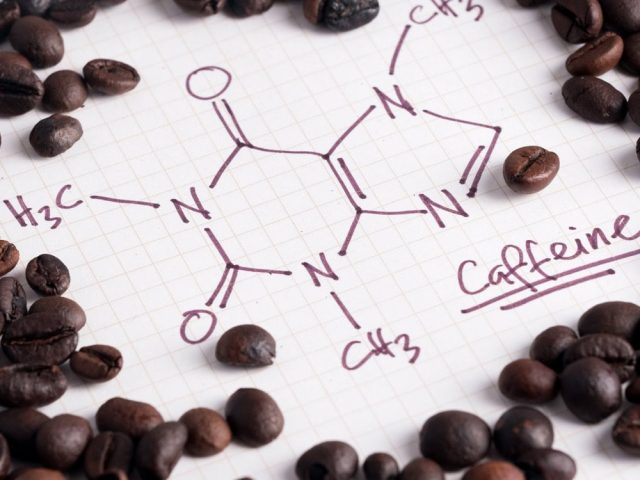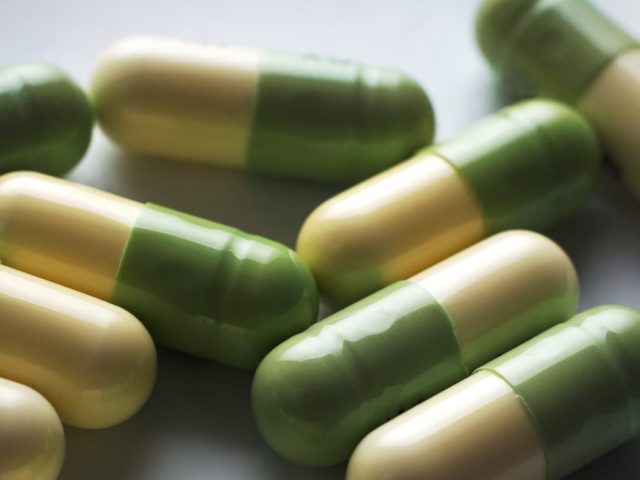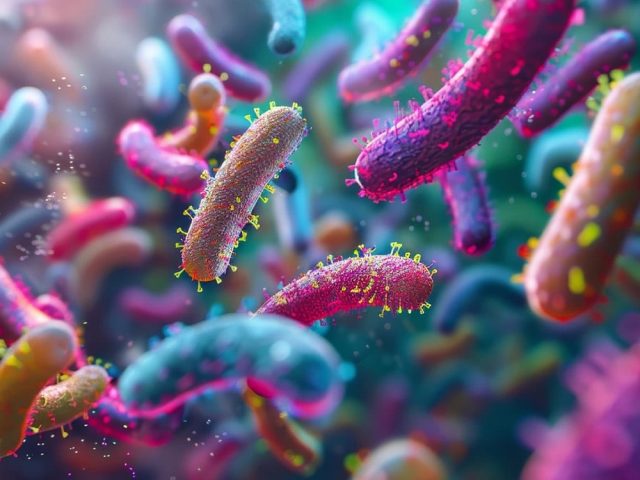A new study published in Progress in Neuropsychopharmacology & Biological Psychiatry has found that a single moderate dose of psilocybin produces rapid and lasting antidepressant-like effects in rats, without the …
 Psychopharmacology
PsychopharmacologyOnly a specific dose of psilocybin induces lasting antidepressant-like effects, study suggests
 Social Psychology
Social PsychologySome dark personality traits may help buffer against depression, new psychology research suggests
People who score high on certain dark triad traits may be better equipped to manage depressive symptoms, according to a new study published in Personality and Individual Differences. The findings …
 Psychopharmacology
PsychopharmacologyHigh caffeine intake linked to greater psychological distress in people with depression
A new study published in Complex Psychiatry has found that people with a history of depression who consume high amounts of caffeine tend to report higher levels of psychological distress. …
 Mental Health
Mental HealthNew research links heatwaves to depression and anxiety in adolescents, with some at higher risk
A large-scale study published in the Journal of Affective Disorders has found that adolescents who experienced more intense heatwaves were more likely to report symptoms of depression and anxiety. The …
 Social Psychology
Social PsychologyCOVID-19 coverage linked to rise in anti-Asian sentiment, especially among Trump supporters
A new study published in American Politics Research has found that Americans’ favorable attitudes toward Asians declined during the height of the COVID-19 pandemic. The researchers linked this decline to …
 Psychopharmacology
PsychopharmacologyAntidepressant withdrawal may be more persistent than doctors realize
Stay informed on the latest psychology and neuroscience research—follow PsyPost on LinkedIn for daily updates and insights. People who stop taking antidepressants can experience lingering withdrawal symptoms that last months …
 Mental Health
Mental HealthGut bacteria may play a causal role in obsessive-compulsive disorder, study suggests
A Mendelian randomization analysis of genome-wide association study (GWAS) data investigated the potential causal links between gut microbiota composition and symptoms of obsessive-compulsive disorder (OCD). The results suggest that Proteobacteria …